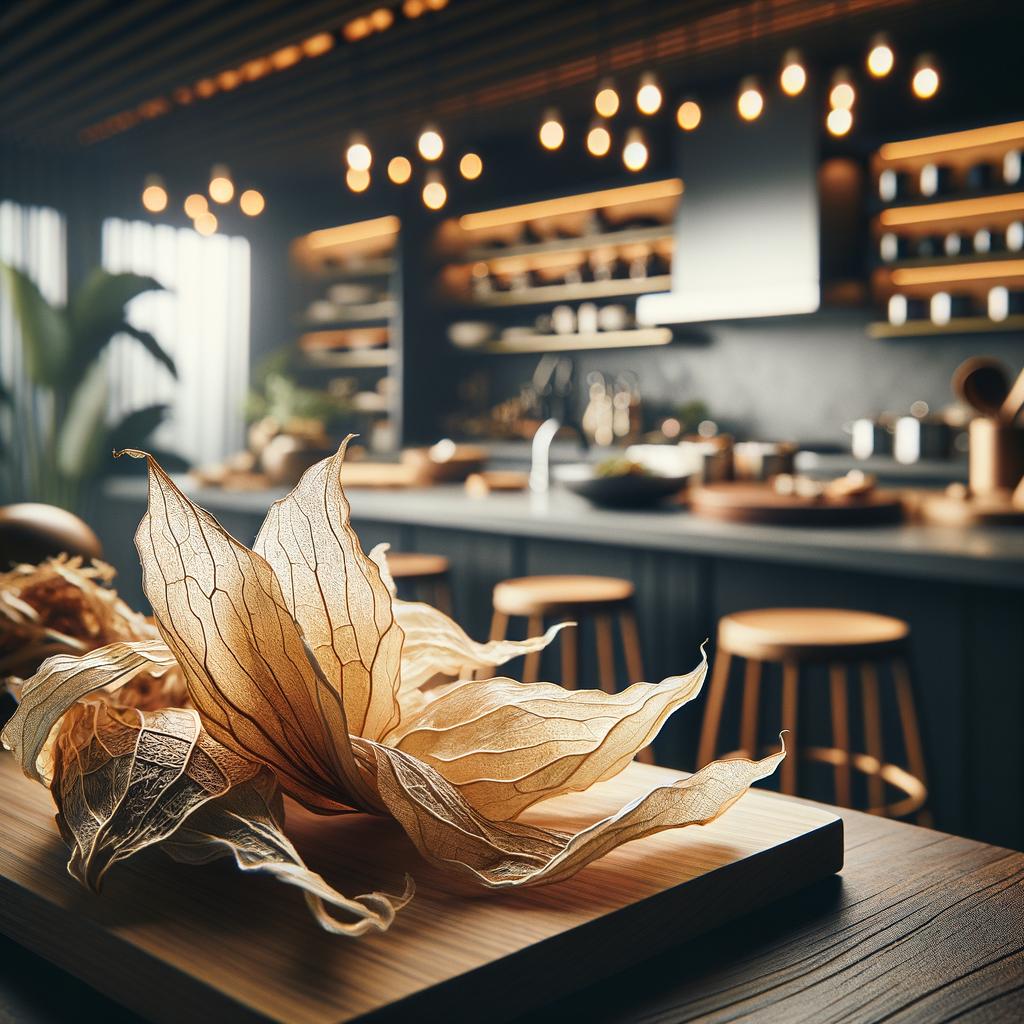Popiah Skins

Description
Popiah skins, a delightful culinary creation, are thin, delicate, and soft crepe-like wrappers that are the heart of many Asian dishes, especially in Chinese, Malaysian, and Singaporean cuisines. These translucent sheets are almost weightless, with a slightly elastic texture that's robust enough to hold a bounty of ingredients. Popiah skins are characteristically bland, allowing them to take on the flavors of the fillings they encase. Their unique feature lies in their texture - a perfect balance between tenderness and strength, a trait that sets them apart from other similar ingredients like spring roll wrappers.
Primary Uses
Popiah skins are primarily used to make popiah, a type of fresh spring roll, a beloved street food in many Southeast Asian countries. They are typically filled with finely grated and steamed or stir-fried vegetables, small shrimp, or ground meat, and then rolled up tight. The popiah skin's ability to hold moisture without becoming soggy makes it ideal for this application. Besides popiah, these skins are also used in making lumpia in the Philippines and goi cuon in Vietnam. Their non-culinary uses are minimal, but they hold a significant place in the cultural fabric of the countries where they are used, symbolizing unity and togetherness.
History
Popiah skins have a rich history that dates back to the Fujian province in China, where they were originally used to wrap up leftovers and scraps, thus minimizing waste. The word 'popiah' itself translates to 'thin wafer', an apt description of this ingredient. Over time, as Chinese immigrants moved to different parts of Southeast Asia, they brought popiah with them, and it evolved to include local ingredients and flavors. The making of popiah skins is considered an art in itself, with stories of families gathering around to make these skins as a communal activity, further cementing its place in the cultural and culinary heritage of these regions.
Nutritional Information
Popiah skins are low in calories and fat, making them a healthier alternative to deep-fried spring roll wrappers. They contain small amounts of protein and fiber, and are a source of complex carbohydrates. However, they are not a significant source of vitamins or minerals. Compared to other similar ingredients, popiah skins are lower in calories and fat, making them a preferred choice for those watching their dietary intake. As with all foods, moderation is key, and the nutritional value of a popiah skin dish will also depend on the fillings it contains.

